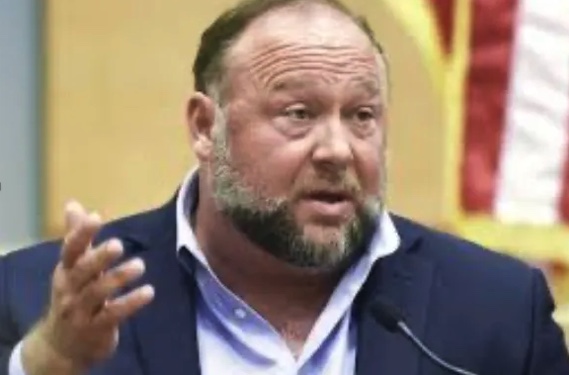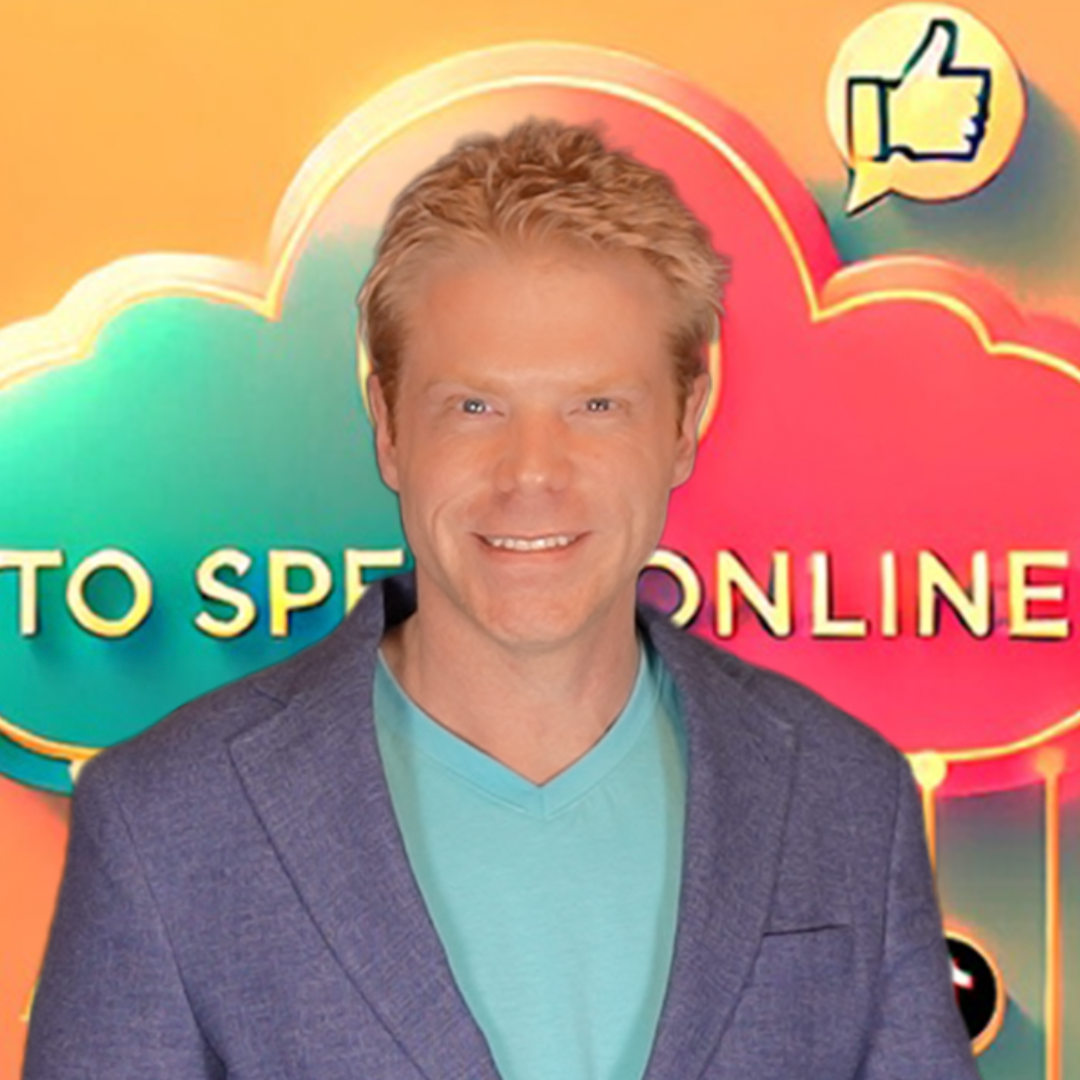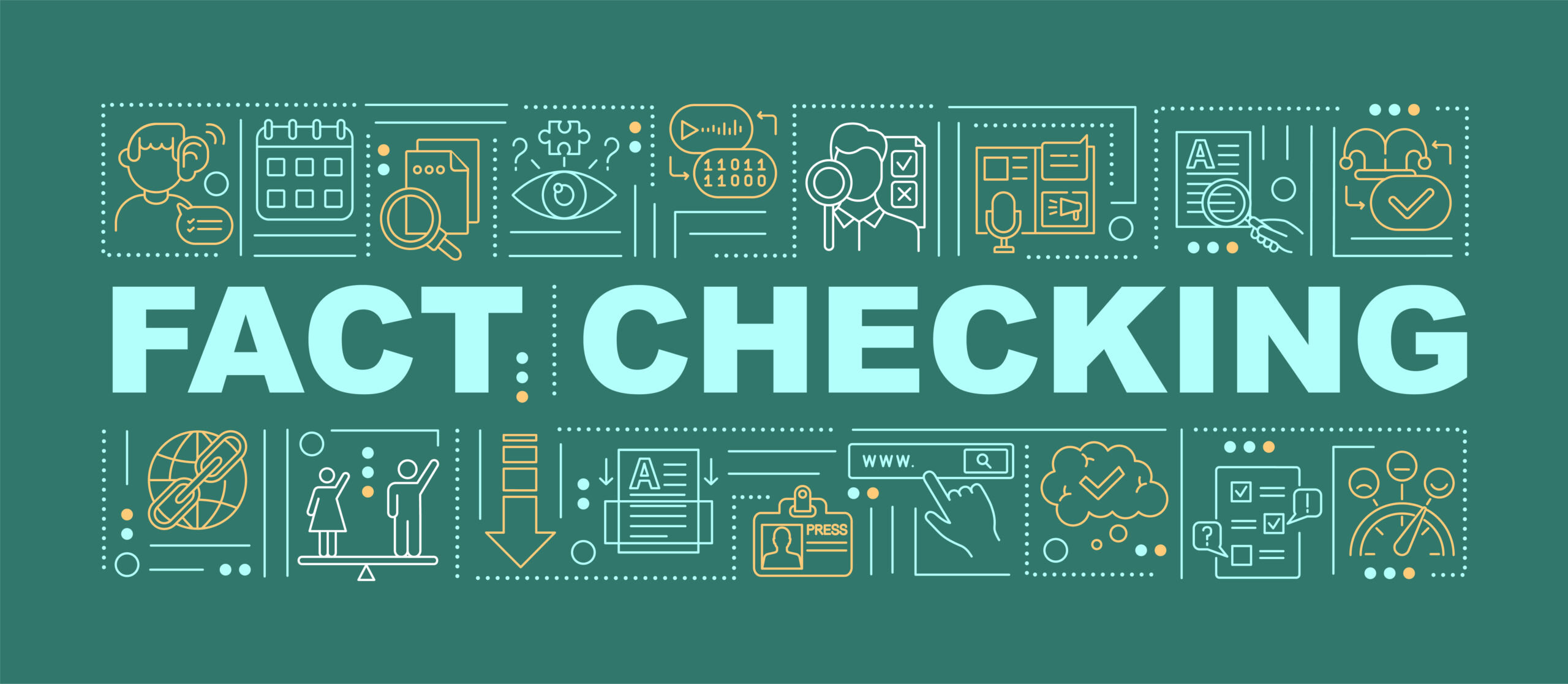Misinformation is not just a threat to public discourse, it’s a business model. Few figures embody this more than Alex Jones, a conspiracy theorist who has built a multi-million-dollar empire on falsehoods. From 9/11 trutherism to vaccine skepticism, Jones has leveraged fear, distrust, and sensationalism to generate massive financial gains, all while evading responsibility for the real-world harm his rhetoric has caused. This raises an important question: At what point do we draw the line?
As misinformation continues to shape elections, public health policies, and societal trust, it is critical to examine the ethics of figures like Jones, the consequences of their actions, and whether society should hold them accountable.

Misinformation generates profit via. traffic. Jones’ platform, Infowars, has been a central hub for conspiracy-driven news, offering an alternative reality where governments, scientists, and the media are conspiring against the public. Anti-authority ideals often exist in conspiracy theory community’s and Alex Jones delivers daily. His financial successis deeply tied to his ability to generate fear and outrage, which in turn fuels product sales.
• 2014: Jones testified that Infowars made $20 million annually.
• 2015-2018: Rolling Stone reported that Infowars earned $165 million, mostly from dietary supplements and doomsday survival gear.
• 2020-Present: Jones capitalized on COVID-19 misinformation, selling “alternative treatments” and driving traffic while attacking vaccines and public health policies.
The ethical dilemma is clear: Jones profits from fear. By spreading mistrust in government, science, and traditional media, he creates a captive audience that turns to him for solutions—conveniently available in his online store.
This raises serious ethical concerns about deception, manipulation, and exploitation:
1. Is it ethical to knowingly spread false information for financial gain?
2. Should misinformation be protected under the First Amendment when it causes harm?
3. Do media personalities have a responsibility to fact-check their claims?
These questions are at the core of the ethical crisis surrounding digital misinformation.
Misinformation is not just a harmless alternative viewpoint—it has direct consequences. Jones’ false claims about vaccines, mass shootings, and government conspiracies have led to:
1. Public Health Risks
Jones pushed vaccine skepticism, including the debunked theory that vaccines cause autism, despite overwhelming scientific evidence proving their safety. Misinformation about vaccines reduces public trust in science, leading to lower vaccination rates and outbreaks of preventable diseases.
2. The Sandy Hook Defamation Case
One of Jones’ most infamous controversies was his false claim that the 2012 Sandy Hook school shooting was a hoaxstaged by the government. His rhetoric led to:
• Harassment of grieving families.
• A landmark defamation lawsuit, where Jones was ordered to pay nearly 1 billion in damages.
This case set a precedent for holding media figures accountable for misinformation that causes harm.
3. Political Radicalization
Jones’ content has been linked to the spread of extremist ideologies, including:
• January 6th Capitol Riots: Jones played a role in promoting election fraud conspiracies that led to the attack.
• Pizzagate & QAnon.
By exploiting political divides, Jones has contributed to the rise of radicalization, pushing misinformation that destabilizes democratic institutions.
The ethics of journalism and media are grounded in truth, accountability, and responsibility. Traditional journalists operate under ethical guidelines that prioritize accuracy, fairness, and harm reduction. Jones rejects these principles, instead weaponizing misinformation for profit.
Alex Jones is not just an entertainer—he is a manipulator who profits from deception. Furthermore, he is perceived as an authority in the media and as such should be held accountable. His rise to prominence reveals a larger crisis in the digital media landscape—one where falsehoods are lucrative, and accountability is rare. If misinformation is allowed to thrive unchecked, the consequences will extend beyond conspiracy culture—they will undermine public health, political stability, and societal trust.
The ethical responsibility of media figures must be redefined in the digital era. Society must decide:
• Should media personalities be held legally responsible for knowingly spreading falsehoods?
• What role should tech companies play in limiting misinformation (e.g., the implementation of AI in fact-checking).
• How do we protect free speech while preventing harm?
Until these questions are addressed, figures like Alex Jones will continue to profit from fear, exploiting audiences who deserve better.
Follow us! 🌐 ToSpeakOnline.com | 📺 YouTube Channel | 🎙️ Spotify Podcast | ✉️ Newsletters | TikTok | Instagram | Twitter/X | Facebook | LinkedIn | Partners & Associations




